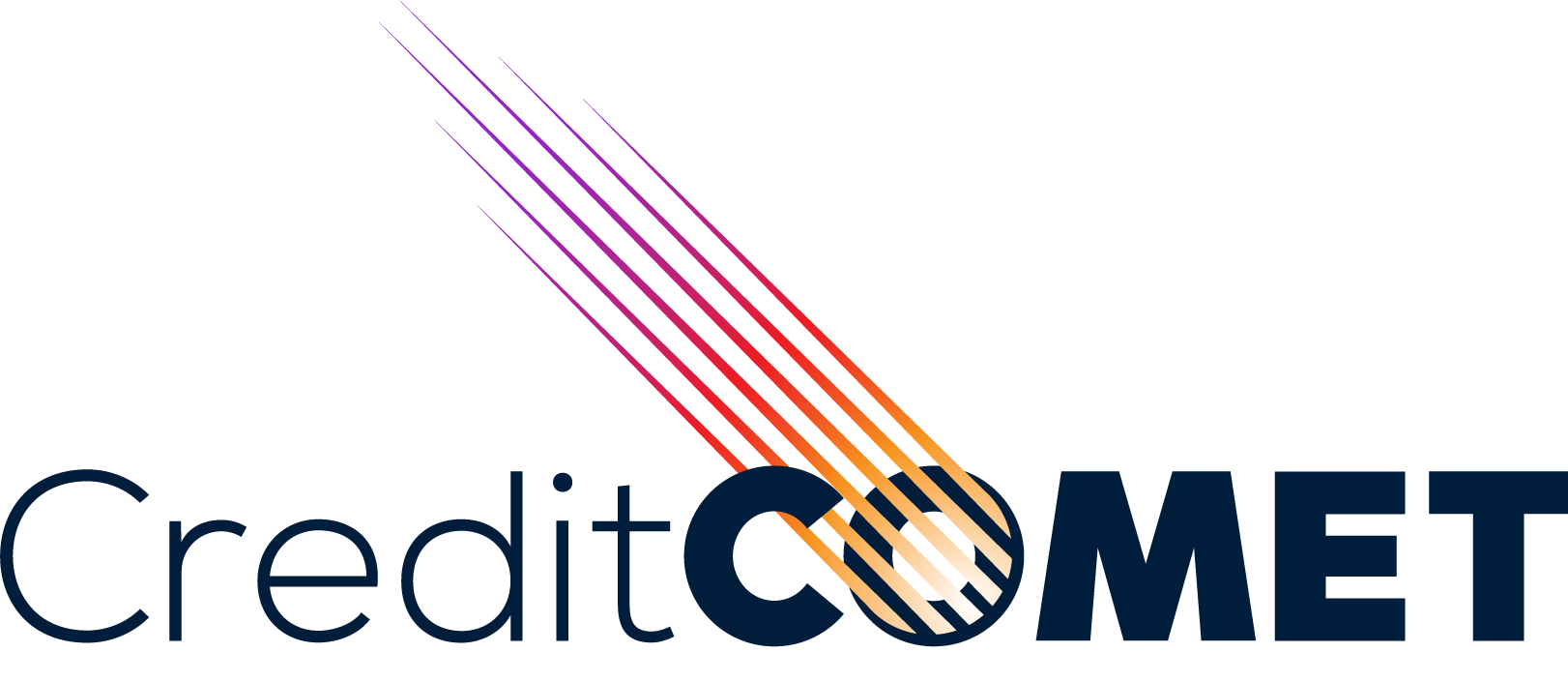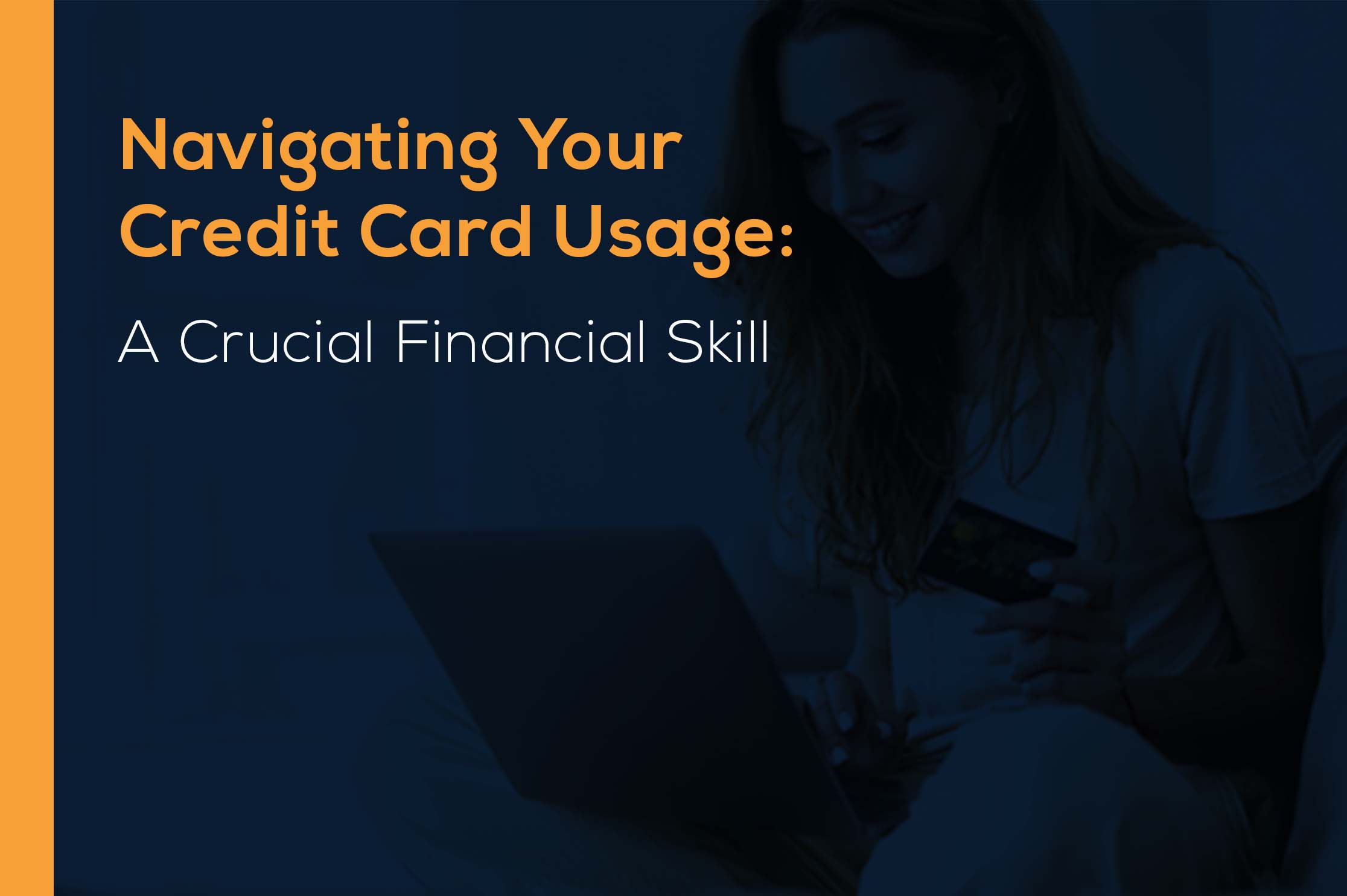In the intricate landscape of personal finance, one skill stands out as particularly crucial—navigating your credit card usage. In this blog post, we will explore the significance of mastering this skill and how it can positively impact your financial well-being.
Understanding the Basics
The Foundation of Financial Literacy
Before delving into the importance of navigating credit card usage, it’s essential to grasp the basics. Understanding interest rates, credit limits, and payment deadlines lays the foundation for responsible credit card management.
First and foremost, knowing the interest rate associated with your credit card is vital for making informed financial decisions. This rate determines the cost of borrowing money and can have a significant impact on your overall financial health. By understanding how interest rates work and how they affect your credit card balance, you can make more informed decisions about when and how to use your credit card.
Credit limits are another fundamental concept to grasp when navigating credit card usage. Your credit limit represents the maximum amount of money you can borrow using your credit card. Understanding your credit limit allows you to manage your spending and avoid surpassing this threshold, which can negatively impact your credit utilization ratio.
Finally, payment deadlines are crucial for avoiding late payment fees and maintaining a positive credit history. Knowing when your credit card bill is due and setting reminders can help you stay on top of your payments and prevent unnecessary fees or penalties.
Building and Maintaining Credit
The Power of a Good Credit Score
A well-managed credit card is a potent tool for building and maintaining a favorable credit score. Your credit score is not just a number; it’s a key factor in determining your eligibility for loans, mortgages, and even job opportunities. Navigating your credit card usage wisely contributes significantly to a positive credit history.
Firstly, responsible credit card usage involves making timely payments. Consistently paying your credit card bills on time demonstrates your reliability and financial responsibility to lenders. This, in turn, positively impacts your credit score and increases your chances of being approved for future credit.
Additionally, keeping your credit card balances low relative to your credit limits helps maintain a healthy credit utilization ratio. This ratio is the percentage of your available credit that you have utilized. By keeping your balances low, you demonstrate financial discipline and reduce the risk of overextending your credit.
Avoiding Debt Traps
The Pitfalls of Mismanaged Credit
One of the primary reasons to master credit card navigation is to steer clear of debt traps. High-interest rates and late payment fees can quickly accumulate, leading to a cycle of debt that can be challenging to escape. Learning to use your credit card responsibly helps you avoid falling into this financial quagmire.
Mismanaged credit card usage can result in high levels of debt, which can have serious financial consequences. The compounding effect of high-interest rates can make it difficult to pay off your credit card balance, as a significant portion of your payment goes towards interest charges. This can lead to a never-ending cycle of debt where you struggle to make progress in paying down the principal balance.
Moreover, late payment fees and penalty APRs (annual percentage rates) can further exacerbate the debt trap. Missing a payment deadline can result in additional charges and potentially a higher interest rate on your existing balances. Avoiding these fees by consistently paying your credit card bills on time is crucial for maintaining control over your finances.
Maximizing Rewards and Benefits
Turning Spending into Savings
Credit cards often come with rewards programs and various benefits. Navigating your credit card usage involves understanding and capitalizing on these perks. From cashback on purchases to travel rewards, responsible credit card management can turn your everyday spending into valuable savings.
Many credit cards offer rewards programs that allow you to earn points, cashback, or discounts on your purchases. By strategically using your credit cards for everyday expenses and paying off the balance in full each month, you can earn rewards that can be redeemed for travel, gift cards, or even statement credits. This effectively turns your spending into savings, allowing you to get more value out of your purchases.
Additionally, credit cards often provide purchase protection and extended warranty coverage, which can be valuable when making big-ticket purchases. Understanding these benefits and knowing how to take advantage of them can save you money and provide peace of mind.
Financial Flexibility and Emergency Preparedness
The Safety Net Aspect
A well-managed credit card provides a financial safety net in emergencies. Whether it’s unexpected medical expenses or a sudden car repair, having a credit card with available credit can offer a lifeline when needed. Navigating your credit card usage empowers you to use this financial tool wisely in times of unforeseen circumstances.
Unexpected expenses or emergencies can arise at any time, and having access to credit can provide a sense of security. Whether it’s a medical emergency, an urgent home repair, or a sudden job loss, having a credit card with available credit can help cover immediate expenses until you can find alternative sources of funds.
Moreover, credit cards can offer added protection when traveling or making online purchases. Many credit cards provide insurance coverage for trip cancellations, lost baggage, or even rental car accidents. When shopping online, credit cards often offer dispute resolution services and fraud protection, providing an extra layer of security.
By responsibly navigating your credit card usage, you can maintain a line of credit that can be a valuable resource during unexpected events, providing the flexibility and peace of mind needed to navigate challenging times.
Long-Term Financial Goals
Aligning Credit Card Usage with Your Objectives
Your financial goals, whether saving for a home, education, or retirement, can be facilitated by strategic credit card usage. Navigating credit wisely means aligning your spending habits with your long-term financial objectives, helping you make progress toward your goals while avoiding unnecessary setbacks.
Strategic credit card usage involves aligning your spending with your long-term financial goals. Whether it’s using a credit card with cashback rewards to save towards a down payment on a house or utilizing a travel rewards credit card to fund a dream vacation, your credit cards can be a valuable tool for achieving your objectives.
Furthermore, responsible credit card usage can help you avoid unnecessary setbacks that may hinder your progress towards your financial goals. By avoiding high-interest debt and maintaining control over your credit card balances, you can ensure that your money is working towards your aspirations rather than being wasted on unnecessary interest charges.
Conclusion: Mastering the Art of Credit Card Navigation
In conclusion, the importance of navigating your credit card usage cannot be overstated. From building a positive credit history to avoiding debt and maximizing rewards, responsible credit card management is a fundamental aspect of financial well-being. By understanding the basics, avoiding debt traps, and aligning credit card usage with your goals, you can harness the power of this financial tool to pave the way for a more secure and prosperous future.
Monitoring and Protecting Your Finances
Guarding Against Fraud and Unauthorized Charges
Navigating your credit card usage also involves keeping a vigilant eye on your financial accounts. Regularly monitoring your credit card statements helps detect any unauthorized or fraudulent activity promptly. This proactive approach safeguards your financial health and ensures that you can address any issues before they escalate.
Monitoring your credit card statements is crucial for identifying any unauthorized charges or potential fraudulent activity. By regularly reviewing your statements and transaction history, you can quickly spot any discrepancies and take immediate action to protect your finances. This includes reporting any unauthorized charges to your credit card issuer and taking steps to prevent further fraudulent activity.
Additionally, it’s essential to be aware of the various measures you can take to protect your credit card information. This includes being cautious when entering your card details online, using secure and encrypted websites, and not sharing your card information with unauthorized individuals.

